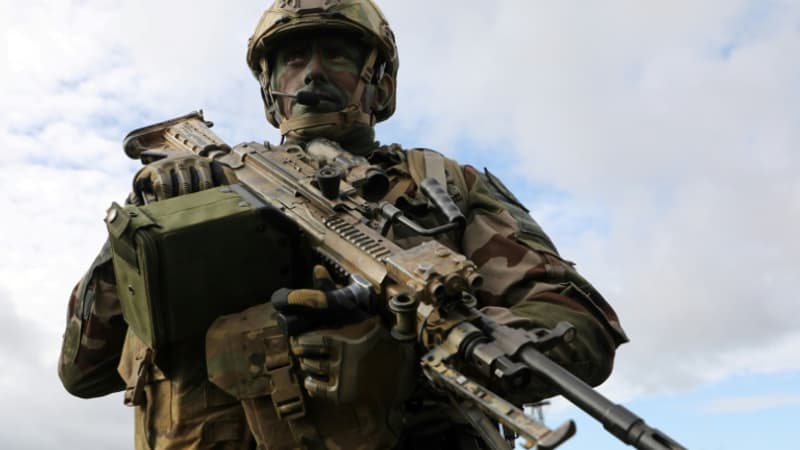Thanks to rapidly changing technologies, researchers are beginning to search for scientific ways to predict future conflicts and crises, hoping to steer the course of history toward peace. “There are so many hotspots where war and conflict are happening right now,” said Sirkka Heinonen, a professor at the University of Turku in Finland.
This meeting aimed at identifying a framework and working methods was organized by the Geneva Anticipator for Science and Diplomacy (GESDA), the Geneva Center for Security Policy (GCSP) and the School of International and Public Affairs (SIPA). from Columbia University.
Other meetings will take place this year in New York and Geneva, with the aim of eventually creating a permanent forum to anticipate events years, even decades in advance, to advise policy makers.
“Many possible futures”
The program launched in Geneva “was not triggered by the war in Ukraine. It is more structural,” explained former UN Assistant Secretary General for Peacekeeping Jean-Marie Guéhenno, who runs a program on conflict resolution at the Columbia University.
In a time of radical and rapid change, often complex and interconnected, anticipating developments months or even years in advance is challenging. During this first debate, the experts highlighted the growing concentration of power in the companies that manage our data. There are also a host of opportunities and risks associated with the rapid development of artificial intelligence (AI), including the emergence of killer robots, they noted.
Anticipate the worst, but also the best. Regarding the “preferred future scenarios, we must decide the steps and measures to take to make them a reality”, supported the Finnish professor.
An opinion shared by Jean-Marie Guéhenno: “Anticipation consists of considering various possibilities and having enough clarity and precision to show political leaders the issues to be addressed. That is where human action lies. If you anticipate, you can correct the shot”.
Tracking the future role of artificial intelligence
According to Jean-Marie Guéhenno, if this anticipation exercise had been carried out 20 years ago, “we would not have been so surprised by the impact of Facebook today, because political leaders would have been able to see the disruptive potential.”
He believes it is essential to identify changing power structures, including the fact that “big data” companies like Microsoft, Google and Amazon have now acquired more power than many states.
The Swiss Ambassador for Science Diplomacy, Alexandre Fasel, for his part, highlighted the speed at which artificial intelligence has evolved in the few months since the emergence of ChatGPT. To the point of prompting calls from hundreds of world experts for a moratorium until systems are put in place to help distinguish the real from the artificial.
These calls are “living proof that we need an instrument” ahead of time, he told AFP, warning that “ChatGPT is small compared to what is to come.” Anticipating several decades is not easy. For example, a quarter of a century ago, “Putin was not in power, we didn’t even know his name,” recalls Alexandre Fasel. “There was also no smartphone. That gives you an idea of the challenge we face.”
Source: BFM TV


